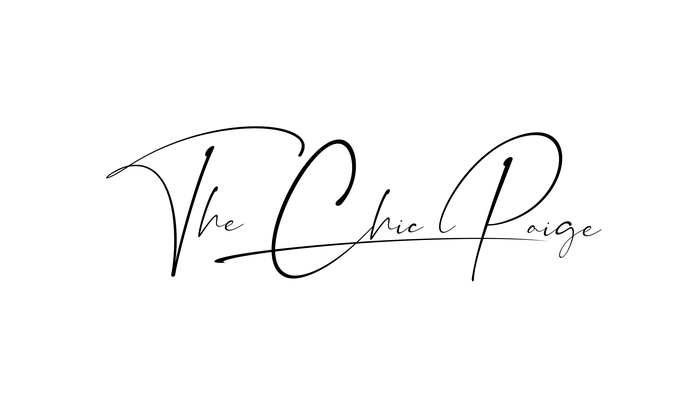In the Black community, going to therapy or expressing the need to go to therapy is often looked down upon because Black and African American people tend to be concerned about the stigma and judgement associated with mental illness.
Let's unpack that.
Life has it's general challenges for everyone but with the troubled history of African American and Black people in the United States that has now trickled into a more contemporary version of racial oppression, going to therapy to cope seems like a no-brainer.
However, from research and conversations with my peers, mental health and going to therapy is often viewed as something that is for "white people" or is brushed off as a waste of time or unimportant or is replaced with the idea that Religion will fix all problems.
Mental illness can be viewed as someone having a weak mind, when I feel, it should be just the opposite. Understanding that to reach out to someone while you are stuck in a poor mental state is a sign of strength and maturity. Understanding that you don't have to stay in a place where your thoughts are working against you and not for you.
Normalizing the idea that anyone, regardless of gender, race, or ethnicity can seek therapy if they feel speaking to someone about their internal issues can be helpful. (heyyy black and minority people, this comment is specifically for you).
I pulled together some data from NCBI for a snapshot of how therapy is perceived in Black and African American communities and also pulled together some resources on where to find a therapist.
Since our current political and health climate are in shambles, most if not all resources are currently provided at reduced cost or no fee.





No comments
Post a Comment